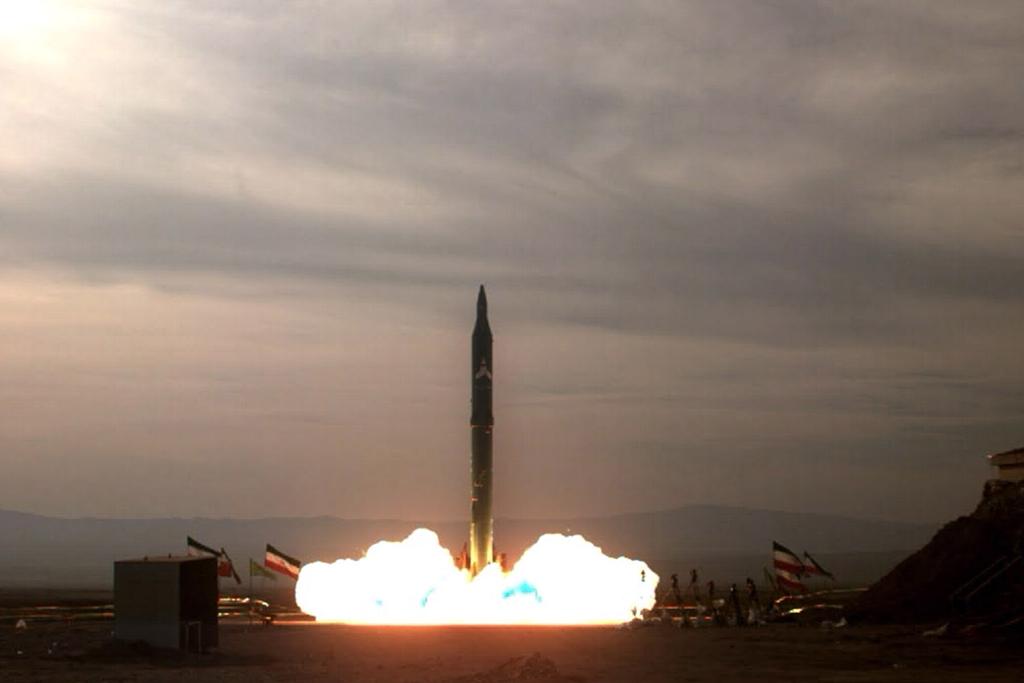Did Israel attack Iran?
The test-firing at an undisclosed location in Iran of an improved version of the Sejil 2 medium-range missile which the Islamic republic says can reach targets inside Israel.
Remember Stuxnet, the malicious cyber worm that sabotaged centrifuges at Iran’s Natanz nuclear plant in the summer of 2010?
Now meet Duqu, her younger sister, who has just started making the rounds. Her existence, suspected for the past few weeks, was announced to the world by the revelation that Iran has developed anti-malware to thwart the damage she has wrought.
The head of Iran’s civil defense, Brig. Gen. Gholamreza Jalali said in an interview with Iran’s official news agency, IRNA, on Sunday, that "software to control the [Duqu] virus has been developed and made available to organizations and corporations" in Iran.
"The elimination was carried out and the organizations penetrated by the virus are under control … The cyber defense unit works day and night to combat cyber attacks and spy [computer] virus," he added.
It was Iran’s first admission of having been hit by a second virus.
But for John le Carré fans, this was only the beginning of a bright new morning.
Saturday, hours before Jalali spoke, a second conspiracy theory had been born; in fact, it had exploded. A blast of unknown origin at a munitions base outside of Tehran killed 17 people, among them Hassan Tehrani Moqqaddam, who held the rank of brigadier general and was considered a crucial personage in the world of Iranian missile development.
It didn’t take a day for speculations to surface. While it must be acknowledged that munitions bases have a notorious propensity for blowing up, this case seemed suspect.
A Time Magazine blog ran a post Sunday entitled, "Intel Source: Israel Behind Deadly Explosion at Iran Missile Base." While an unnamed, unidentified “Western intelligence source” is quoted saying “Don’t believe the Iranians that it was an accident.” According to Time, he added that further sabotage is already in the works. “There are more bullets in the magazine.”
Amusingly, the blog post mentions Israeli coverage as a further indication that Israeli fishy business may have been involved whereas in fact, for the past few days Israeli coverage has focused with a certain degree of fixation on the Time item.
So who knows. Israeli Defense Minister Ehud Barak probably knows a few things. Asked the question on Israeli radio Monday, he said “I don’t know what happened there. An explosion of some type. I have no idea. But I can only wish for many more.”
Alex Vatanka, a senior scholar and Iran expert at the Middle East Institute, said "It’s too early to speculate about exactly what happened. But let me say such blasts are not common in Iran and the authorities seemed confused about it all at first. They were very keen to quickly dismiss sabotage as the reason, at a time when they did not yet have the basic facts, including how many people were killed in the blast. Let's see in the next few days but regime will find it very embarrassing if Israel was behind it."
Meanwhile, in what may be an entirely unrelated development, Iran's parliament on Monday amended a law banning travel to Israel, enacting drastic and grievous penalties if the ban is defied. The punishment for travel to Israel is now five years in jail, up from three months.
Every day, reporters and producers at The World are hard at work bringing you human-centered news from across the globe. But we can’t do it without you. We need your support to ensure we can continue this work for another year.
Make a gift today, and you’ll help us unlock a matching gift of $67,000!
